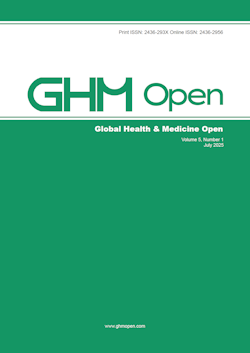Psychodynamic therapy for adverse childhood experience in a hospitalized girl with attention deficit hyperactivity disorder
Sugimoto K, Kurokouchi T, Shinohara R, Sakoh Y, Odaka M, Sunakawa H, Tanese S, Seto M, Ishida M, Yoshimura Y, Itagaki K, Harada I, Inoue S, Hakoshima Y, Inazaki K, Mizumoto Y, Usami M
Child abuse and neurodevelopmental disorders are serious social issues in Japan. Abused children may present with symptoms similar to attention deficit/hyperactivity disorder (ADHD), such as increased impulsivity and difficulty concentrating. It is also known that children with ADHD are more likely to suffer from maltreatment, which can lead to psychiatric symptoms such as low self-esteem, depression, and defiant, challenging attitudes. Child psychiatric treatment needs to take both perspectives, childhood adversity and neurodevelopmental disorders, into account. In this case (A), there was a history of impulsive challenging behavior; in addition to the ADHD symptoms, the abusive upbringing from an early age had resulted in increased aggression, psychological damage, and low selfesteem. The abusive mother was also a competitor to her and was vulnerable and unable to present a healthy femininity to her. She entered adolescence without sufficient support from her mother before puberty. The ambivalence of dependence and rebellion extremely increased, and the problem manifested as withdrawal. In the treatment, while setting limits, positive evaluations of the positive aspects were actively communicated. Her therapist was particularly aware of becoming a part of her ego function different from her mother. A's challenging behavior was gradually reduced, and she was able to develop the right self-image. This is a case in which the structure of the hospitalization enabled the work of limiting the patient while protecting and accepting her. Clinical serious issues such as withdrawal, defiant challenging behavior, and symptoms of hyperactive impulsive inattention in adolescents require consideration and response to background adversity experiences and child abuse factors.







